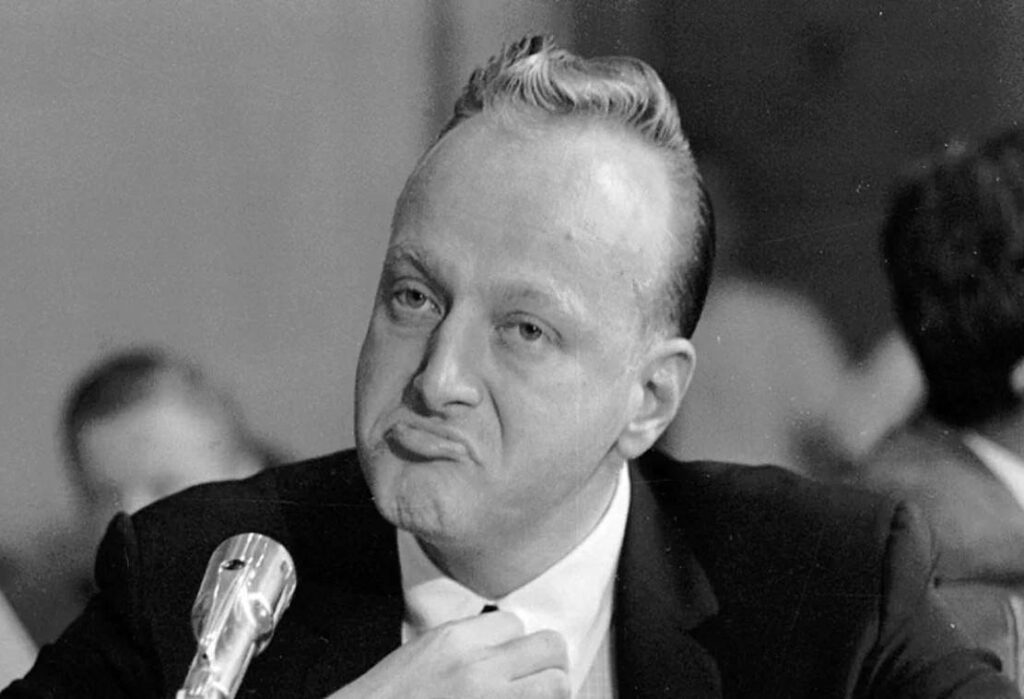[ad_1]
Posted on: July 17, 2023, 08:04h.
Final up to date on: July 17, 2023, 06:00h.
Positive, Frank “Lefty” Rosenthal secretly ran the Stardust, Fremont, Marina, and Hacienda casinos in Las Vegas for the Chicago department of the mafia from 1974 to 1978. That’s with out even possessing a gaming license, making certain the syndicate a “skim” of not less than $1.6 million — and doubtless many instances extra.
Positive, within the ’50s, he purchased contracts to repair sporting occasions, incomes a number of sports-bribery indictments. And certain, he was a suspect in a number of enterprise and automotive bombings in Miami within the ’60s, which is allegedly why he fled to Las Vegas in 1968 within the first place.
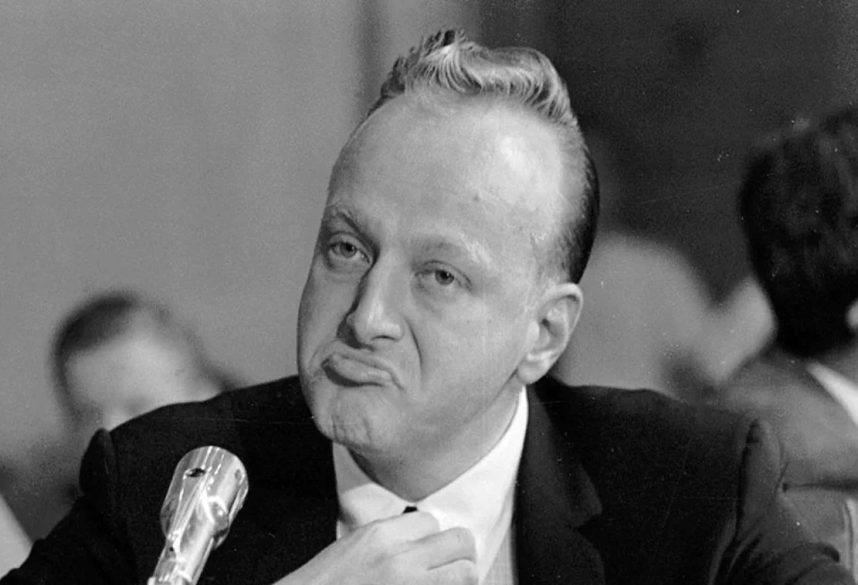
However Frank “Lefty” Rosenthal was additionally the very first operator of a Las Vegas Strip resort to rent feminine sellers for desk video games, which makes him a champion for girls’s rights.
And that makes up for not less than a few of the unhealthy stuff in his legacy, proper?
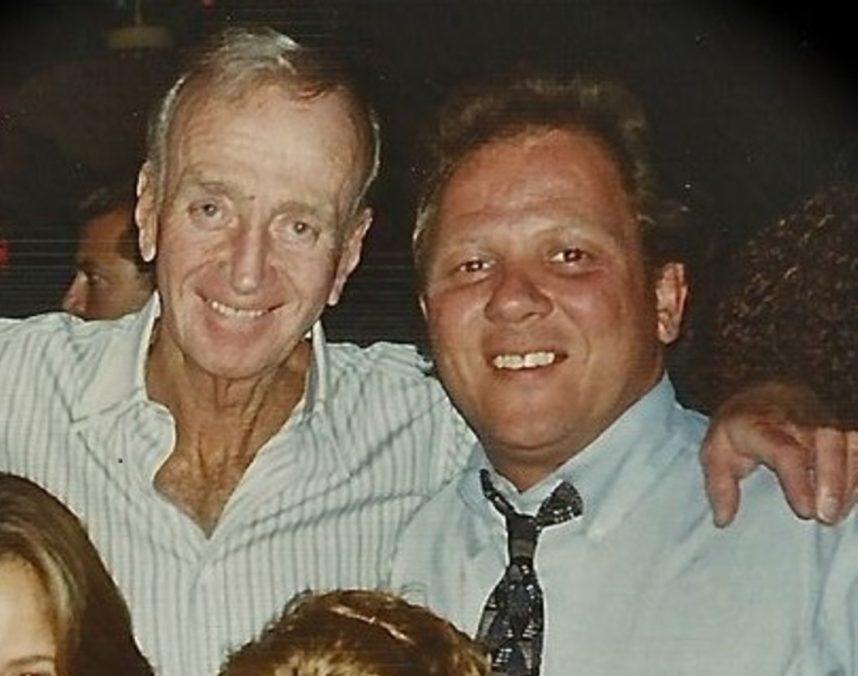
No, As a result of it’s a Fable
Ladies dealt playing cards in downtown Las Vegas from not less than 1943 — the date of the primary recognized job advert looking for them — by way of 1958. That’s the 12 months their rising presence made male sellers worry for his or her job safety. They organized, met with the all-male Las Vegas metropolis authorities, and succeeded in getting an ordinance handed banning all girls from card-dealing positions. That ban lasted 12 years.
“The hotel-casino business, like the vast majority of US companies on the time, divided job alternatives by intercourse and race,” Joanne Goodwin, a UNLV professor emerita of historical past and founding director of the Ladies’s Analysis Institute of Nevada, advised On line casino.org. “Regardless of the ban, some girls continued to deal exterior metropolis limits.”
These girls dealt primarily within the cities of North Las Vegas and Henderson, although, as a result of the Strip, which has by no means been a part of town of Las Vegas, was a boy’s membership till August 1970. That’s when Jean Brady turned its very first card seller.
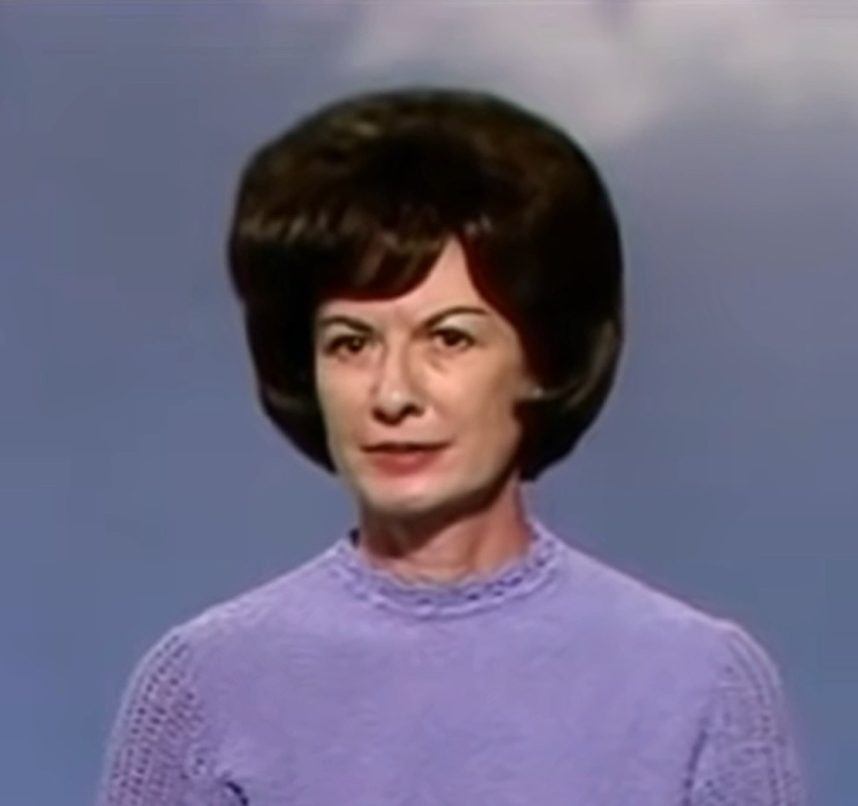
Brady, 47, was employed by on line casino supervisor Jack Piper to deal blackjack on the Silver Slipper, which was by no means a property managed by Frank Rosenthal.
“I’m not preventing for any rights for girls,” Brady advised the Las Vegas Assessment-Journal in a narrative printed on Aug. 13, 1970. “I’m simply making an attempt to take the perfect job alternative obtainable to me.”
The Strip wasn’t a really progressive place again then. Solely a month earlier than Brady’s rent, State Labor Commissioner Stanley Jones needed to order the Desert Inn to cease discriminating in opposition to feminine sellers who have been making use of for jobs there.
It was this ruling that prompted the Slipper to advertise Brady, who had been working as a slot machine cashier.
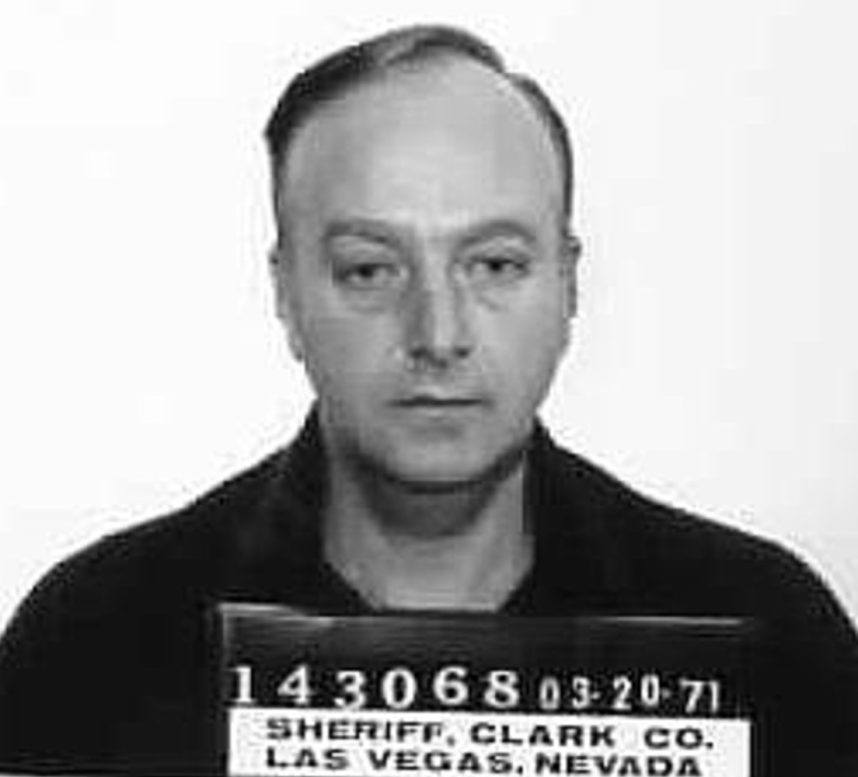
One Factor Lefty Did Proper
Rosenthal was the primary to carry sports activities betting to a US on line casino, the Stardust, in 1976. For this, he deserves recognition.
So far as his being a key determine within the battle for equal alternative in employment, he most definitely employed feminine sellers in his casinos. However he was following a development, not setting or bucking one. The only real barrier he broke was hiring the Strip’s first baccarat seller, Shirley Brancucci, about 5 years after Brady’s rent — and even that accomplishment isn’t so ironclad.
“Al Sachs, who was then working the Stardust previous to its buy by Argent, seems to have had extra to do along with her hiring than Rosenthal did,” Michael Inexperienced, a historical past professor at UNLV, advised On line casino.org.
“I’m not conscious of any rights limitations damaged by Frank Rosenthal,” Goodwin added.
So How Did this Fable Get Began?
Crime reporter Nicholas Pileggi’s 1995 e-book, “On line casino: Love and Honor in Las Vegas,” states that Rosenthal was “the primary to permit girls blackjack sellers on the Strip.” This “truth” was additionally repeated on Rosenthal’s official web site, frankleftyrosenthal.com, for which Pileggi wrote the bio.
Since almost each different topic of Pileggi’s e-book was lifeless, Rosenthal served as its predominant supply of knowledge. This e-book was additionally the idea for Martin Scorsese’s Academy Award-nominated film, On line casino, whose screenplay was cowritten by Pileggi and Scorsese.
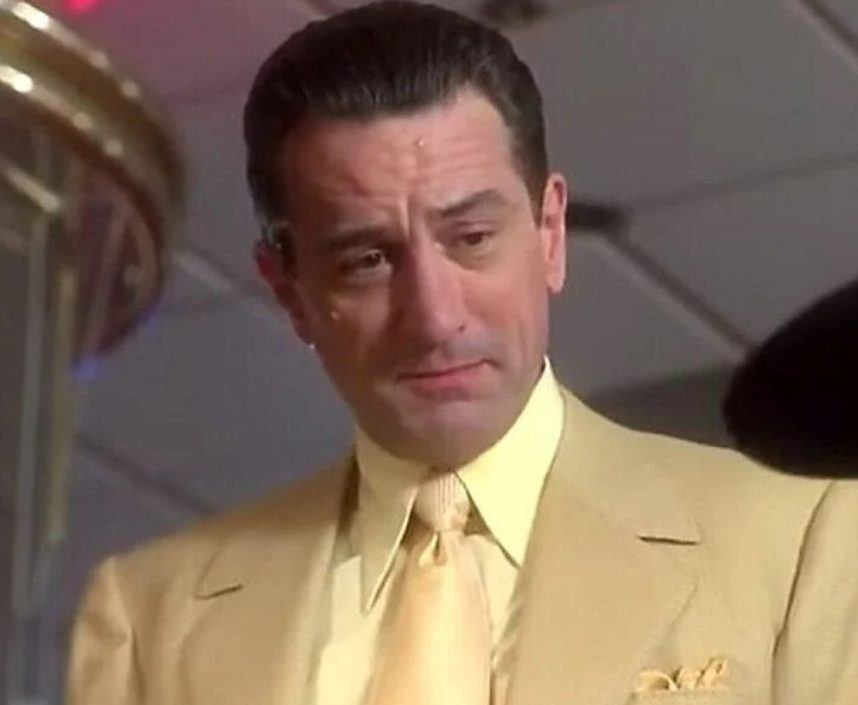
Within the 1995 movie, Robert De Niro stars as Sam “Ace” Rothstein, an inexpensive, likable, and extremely fictional model of Rosenthal.
“As one of many final ones left standing, Lefty was in a position to affect media portrayals of him,” Inexperienced stated, “so it was comprehensible that Ace Rothstein would look a bit higher on the display than Lefty Rosenthal did in actual life.”
Rosenthal loved an extended and happier life than most different folks in his line of labor. Regardless of a 1982 try and hasten the eventuality with a automotive bomb within the car parking zone of a Las Vegas Tony Roma’s, he didn’t die till 2008 — of a coronary heart assault at age 79 in Miami.
It wasn’t till after his dying that Las Vegas Assessment-Journal columnist Jane Ann Morrison disclosed a bombshell secret about Rosenthal that he had been hiding since not less than his departure from Las Vegas 26 years earlier…
Frank “Lefty” Rosenthal was an FBI informant.
Had this secret gotten out earlier, Rosenthal would in all probability have ended up simply one other silenced footnote in Las Vegas historical past.
Search for “Vegas Myths Busted” each Monday at On line casino.org. Click on right here to learn beforehand busted Vegas myths. Obtained a suggestion for a Vegas delusion that wants busting? Electronic mail corey@on line casino.org.
[ad_2]
Source link

